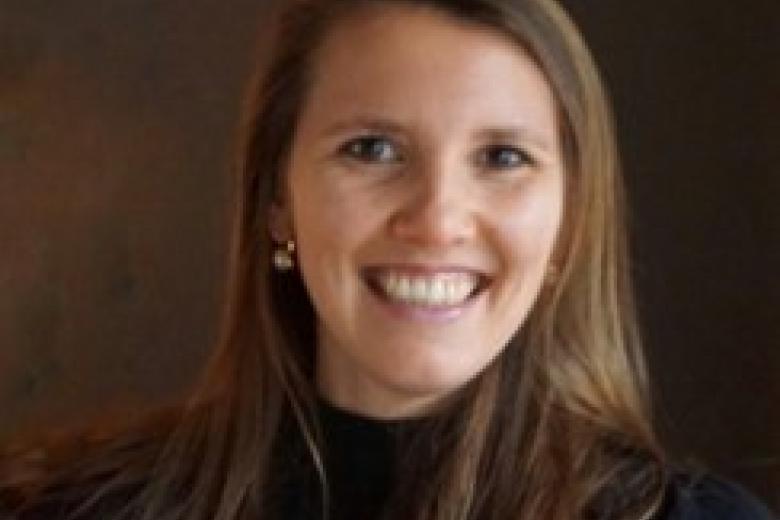Artificial intelligence beats radiologists in delineating lung tumours
Artificial intelligence is able to detect and segment lung tumours more effectively than a radiologist can. Scientists from Maastricht University (UM) have developed an AI method that not only works faster than individual radiologists, but also produces more accurate and reproducible results, including the prediction of survival rates.
Medical specialists can use this AI solution to make diagnoses, determine the size of tumours, and monitor radiation treatment in patients. The research team conducted a comparative study with data from different hospitals in Europe, the United States and China. The results are so convincing that the Maastricht scientists have decided to make their AI method and associated software open source. Their findings were published this week in the journal Nature Communications.
Artificial intelligence
To train their AI method, the researchers used more than 1,300 CT scans from hospitals in the Netherlands, Belgium, the United States and China. They compared the results of their AI method with the performance of radiologists on a variety of points. The AI model proved not only to be faster in detecting and delineating the tumour in lung cancer patients, but also better at estimating tumour size, and with greater reproducibility.
This is highly significant, because accurate tumour delineation is crucial for the administration of a precise dose of radiation to the patient. Moreover, the software is entirely reproducible, unlike the work of human experts. A blind study even showed that a majority of medical specialists either knowingly or unknowingly gave preference to the results of the AI method.
The Maastricht researchers have also shown that automated delineation offers a more accurate prediction of survival chances in comparison to a manual one.
Lung cancer
Based on the results of their study, the UM scientists are so convinced of the efficacy of their AI method that they are now offering it open source, in combination with the accompanying certified software.
Research leader Philippe Lambin, Professor of Precision Medicine at UM, hopes that sharing the AI model will contribute to its swift application in hospitals. "We anticipate three applications of this software: diagnosis, radiotherapy delineation and response evaluation. We have done our best to evaluate the solution prospectively, but it still has to be tested in an actual hospital environment."
Henry Woodruff, Assistant Professor and Head of the lab, adds that "generalisability and robustness are important factors for AI solutions in medicine, so we used different datasets from Europe, the US and China".
According to lead author Sergey Primakov, "While similar solutions in the field have been proposed, to our knowledge this is the first fully automated detection and segmentation tool that has been tested so extensively. Moreover, we collected and compiled a huge CT dataset to train our model. By making our code open source, we hope to make a valuable contribution to the field of medical imaging."
Also read
-
No evidence of brain damage caused by severe COVID-19
Patients admitted to hospital due to a severe COVID-19 infection exhibit no evidence of brain damage caused by the disease. This is the conclusion of an extensive study led by Maastricht University.

-
Cold shivers?
Due to the Western lifestyle with a high fat diet combined with little exercise, more and more people in the Netherlands are overweight or even obese. This causes an increased risk of type II diabetes. What can be done about this besides a healthier lifestyle? The answer comes from an unexpected...

-
Quantity and Quality
Survivors of colon cancer often have symptoms associated with the cancer or treatment for years after treatment, such as fatigue and tingling in fingers and feet. This has a great impact on the perceived quality of life. Whereas current lifestyle advice is mainly aimed at prevention of (colon)...
